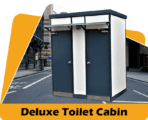
Blog
How to Create an Indoor Garden in Your Malaysian Apartment | RumahHQ
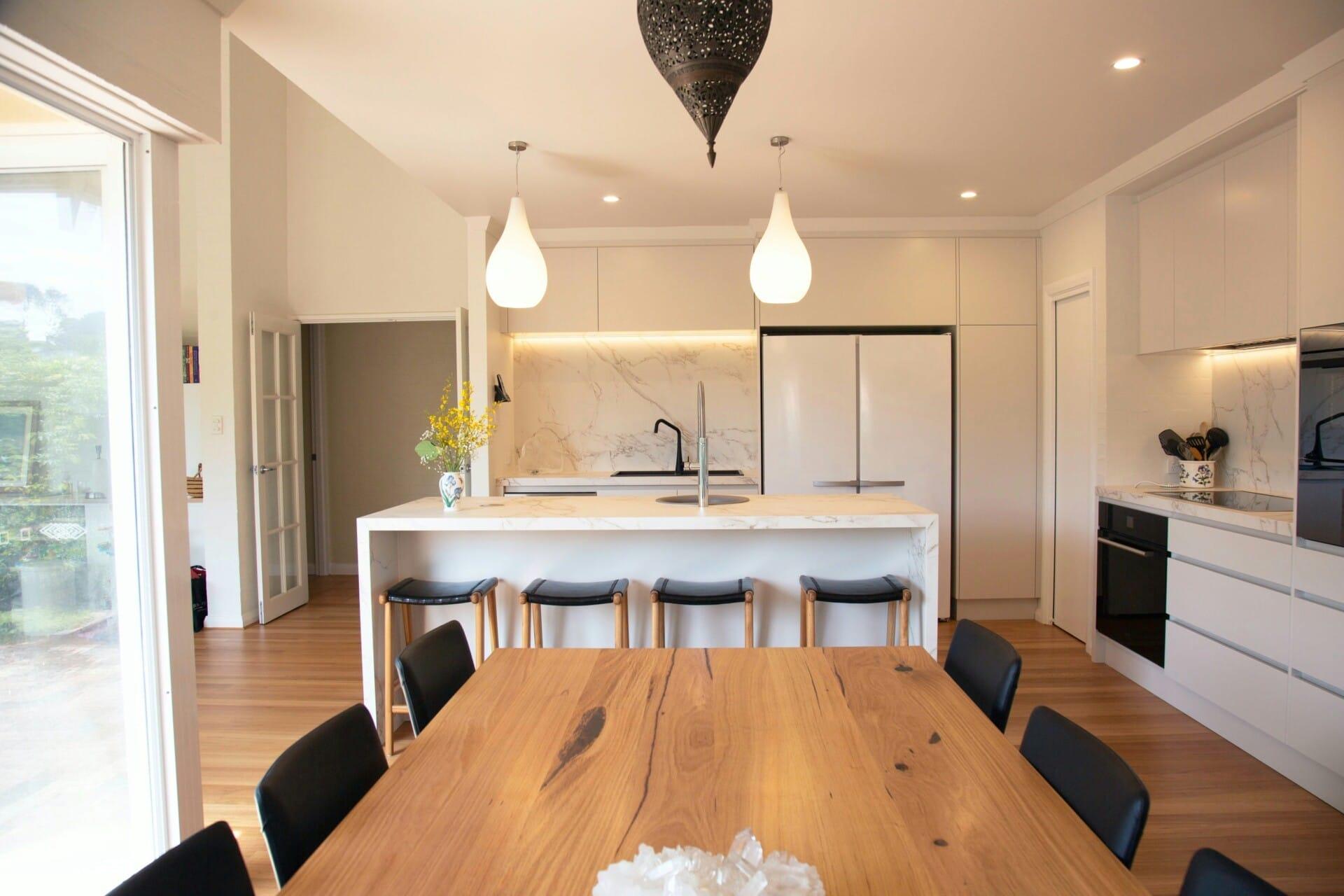
Imagine stepping into your apartment and being greeted by a breath of fresh air, vibrant colors, and a touch of nature that lifts your spirits. With the hustle and bustle of city life in Malaysia, creating your very own indoor garden might feel like a dream. But what if I told you that transforming your living space into a lush green sanctuary is not just possible, but also surprisingly easy? Whether you have a sunny balcony or a cozy corner with limited light, there are plenty of ways to bring in some greenery. In this article, we’ll explore simple steps to create an indoor garden in your Malaysian apartment, making it not just a home, but a little slice of nature right within your four walls. So, roll up your sleeves and let’s get our hands dirty!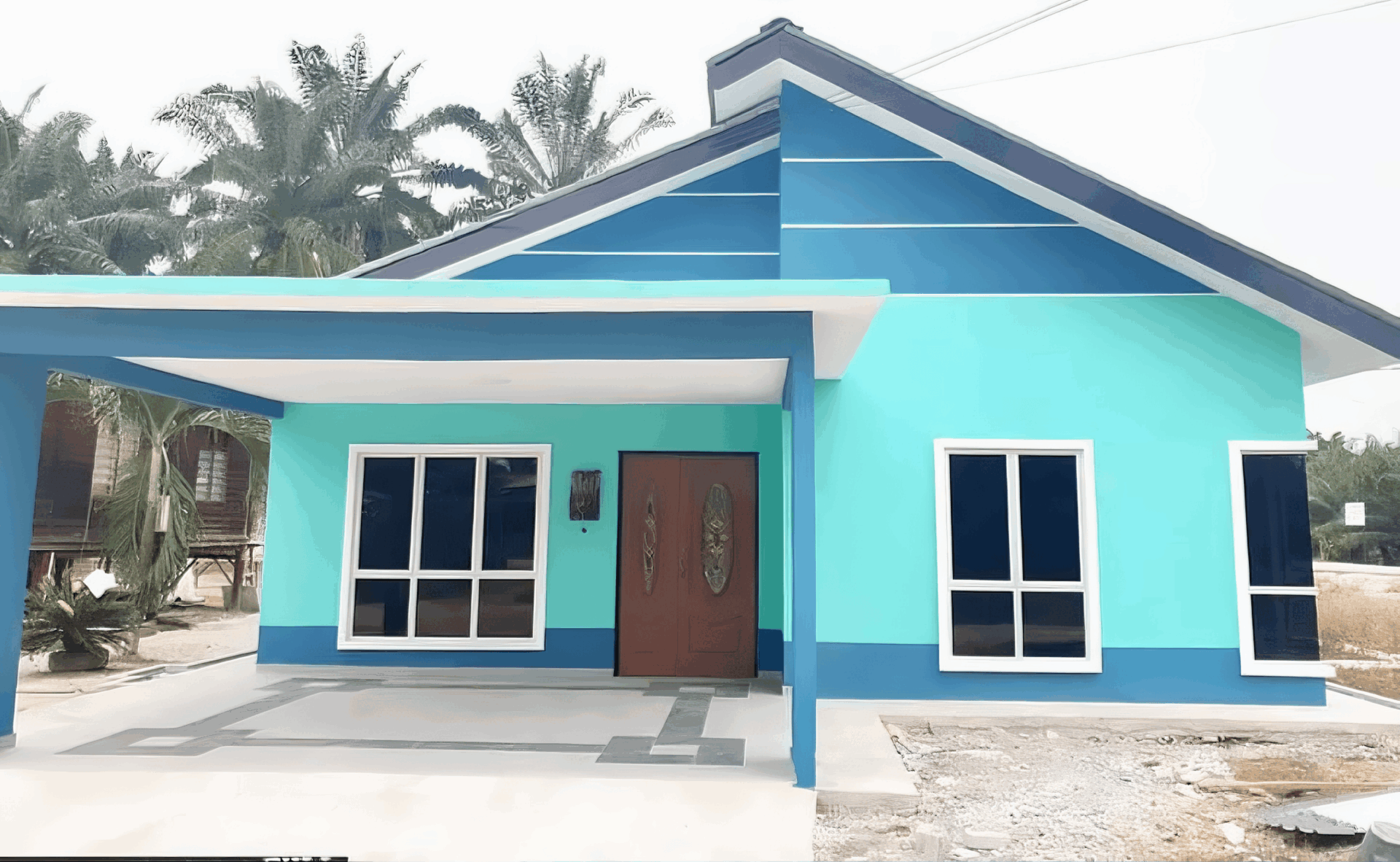
Understanding the Indoor Climate of Malaysia
Malaysia’s warm and humid climate is a double-edged sword when it comes to indoor gardening. While the consistent temperatures provide a stable environment for many plants, the high humidity can challenge even the most seasoned indoor gardeners. It’s important to select plants that thrive in these conditions, such as tropical varieties that are naturally adapted to high moisture levels. Consider incorporating ferns, peace lilies, and spider plants into your indoor garden to take advantage of the natural humidity in your apartment.
To ensure your plants flourish, you’ll need to create a suitable environment that replicates their natural habitat. Start by choosing the right potting soil that retains moisture but also drains well. This will prevent your plants from sitting in stagnant water, which can lead to root rot. Furthermore, strategically placing your plants near windows where they can receive indirect sunlight will help them grow strong and healthy. You can enhance the indoor climate by adding a small fan or using a humidifier to maintain optimal moisture levels.
| Plant Type | Light Requirements | Humidity Preference |
|---|---|---|
| Fern | Low to indirect light | High |
| Peace Lily | Low to moderate light | Moderate to high |
| Spider Plant | Bright, indirect light | Moderate |
Lastly, don’t forget the importance of adapting your care routine to seasonal changes. During Malaysia’s rainy season, you might notice your indoor garden thriving with the added humidity and cooler temperatures. Conversely, in the drier months, adjusting your watering schedule and supplementary misting can help prevent your plants from drying out. By being mindful of these factors and responding to the unique indoor climate of your Malaysian apartment, you’ll create a vibrant indoor garden that flourishes all year round.
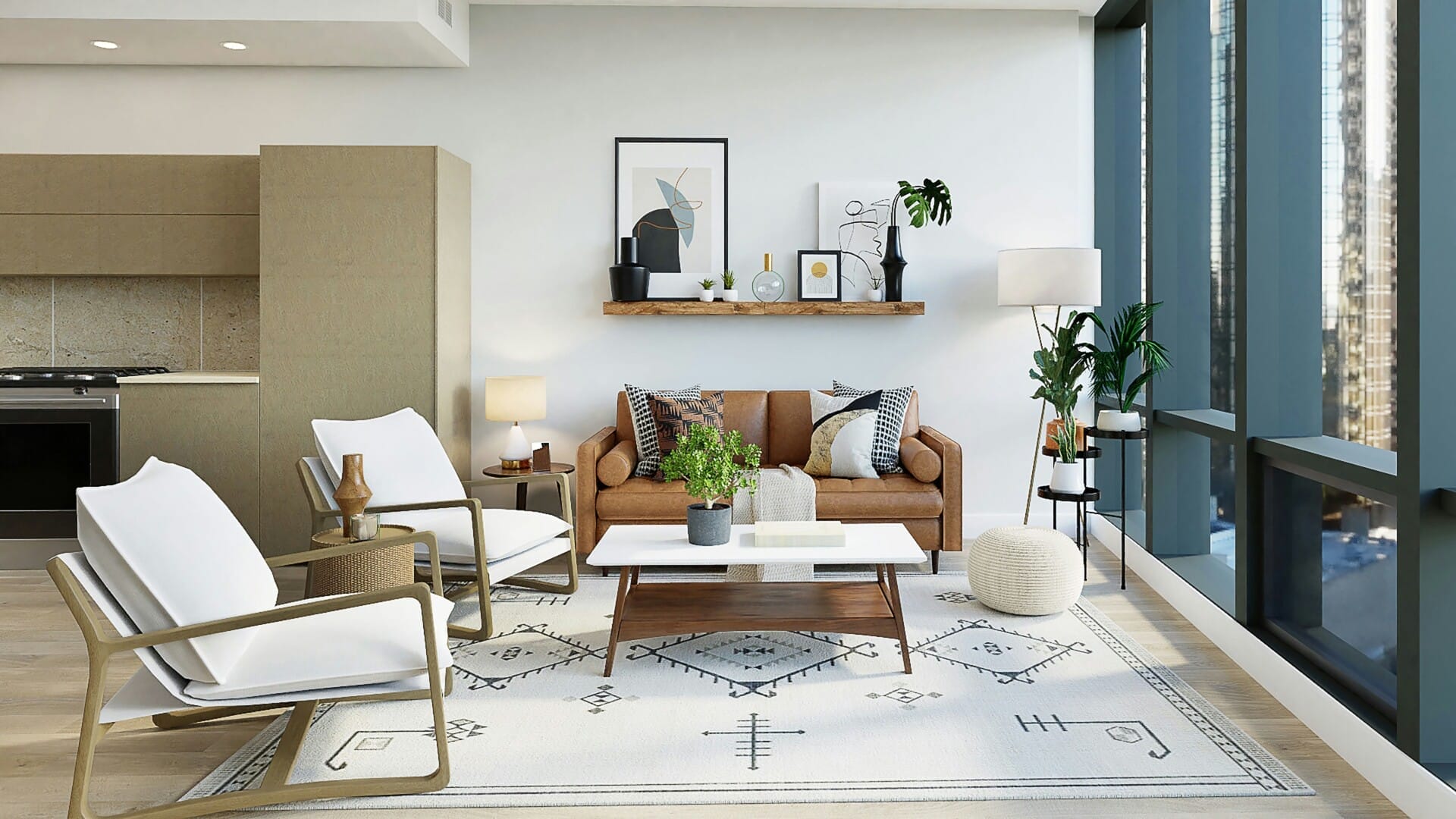
Choosing the Right Plants for Your Space
When it comes to creating an indoor garden in your Malaysian apartment, the choice of plants can make or break your green sanctuary. Consider the amount of natural light your space receives. For well-lit areas, you might opt for tropical plants like Monstera or Fiddle Leaf Fig. If your apartment leans towards the darker side, low-light lovers such as Snake Plant or Pothos can thrive without much sun. It’s all about matching your plant choices to your environment!
Humidity is another critical factor in Malaysia’s tropical climate, which can either be a blessing or a challenge for plant enthusiasts. Some plants thrive in high humidity, making them perfect companions in your home. Consider incorporating a mix of fussy tropicals like Calathea or Bird’s Nest Fern that enjoy that dampness. Meanwhile, if you’re not keen on a high-maintenance setup, think about adding succulents such as Aloe Vera or Jade Plant that require less moisture.
| Plant Type | Light Requirement | Humidity Preference |
|---|---|---|
| Monstera | Bright, indirect | Medium to High |
| Snake Plant | Low to Bright | Low |
| Calathea | Low to Bright, Indirect | High |
| Aloe Vera | Bright | Low to Medium |
think about space and aesthetics. You don’t want your plants to clash with your interior decor! Choose pots and containers that will complement your space. Go for colorful ceramic pots for a vibrant look or rustic bamboo baskets for a cozy, natural vibe. You might also want to mix plants of different heights and textures to create a visually appealing arrangement. Consider placing larger plants in the corners and smaller ones on shelves or tables to maximize your space!
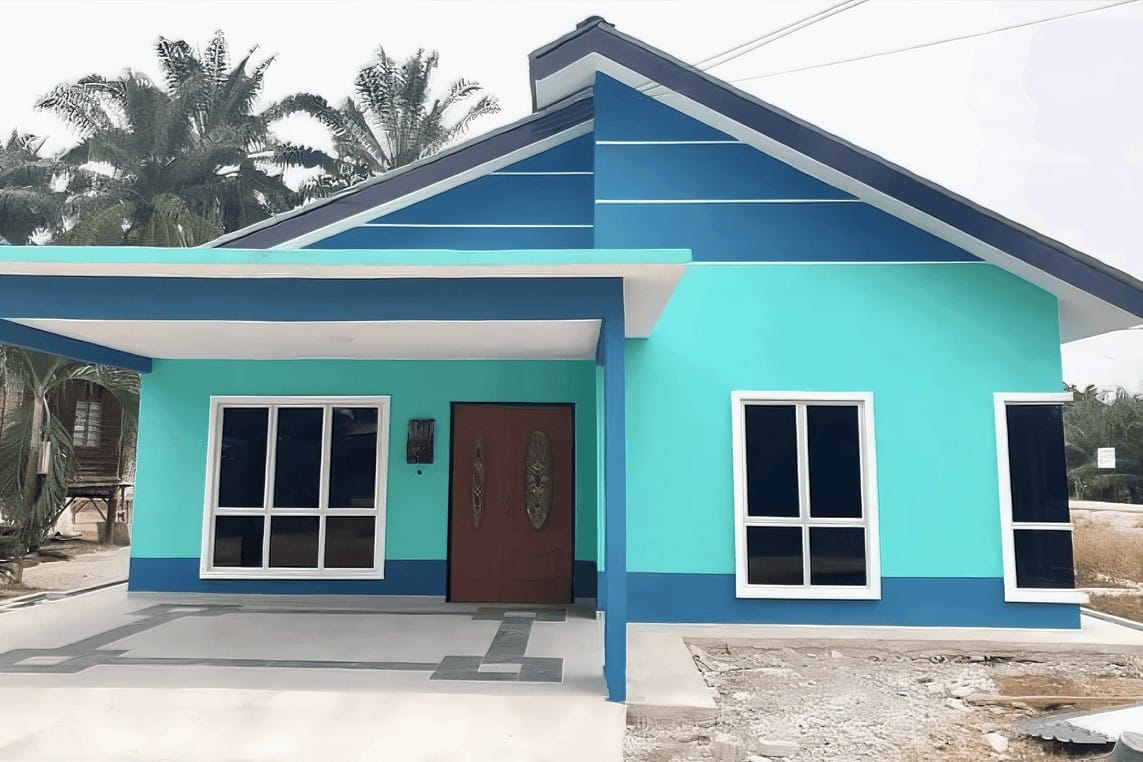
Creating a thriving indoor garden in your Malaysian apartment starts with gathering the right tools and supplies. First off, you’ll need to invest in high-quality pots that have ample drainage holes. These will prevent overwatering issues, which is vital in the humid Malaysian climate. Here are some essential items to consider:
- Potting Mix: A well-draining mix designed for indoor plants will keep your greens happy.
- Watering Can: Choose one with a long spout for precision in watering.
- Gardening Gloves: Protect your hands, especially if you’re handling soil or fertilizers.
Next, a reliable light source is crucial since not all apartments boast adequate natural sunlight. Depending on your plant choice, consider getting grow lights that mimic sunlight, enabling your plants to thrive even in low-light conditions. Adding to your indoor gardening toolkit:
- Thermometer & Hygrometer: Keep track of temperature and humidity levels for optimal plant health.
- Plant Labels: Helps keep track of various species and their specific care needs.
- Fertilizers: A good quality, balanced fertilizer can boost growth and overall health.
a system to manage pests can save your indoor garden from unwanted guests. Integrated pest management tools provide a safe way to deal with potential issues. Here’s a quick table showcasing some common pest management tools:
| Tool | Usage |
|---|---|
| Neem Oil: | Natural pesticide to deter many pests. |
| Insecticidal Soap: | Target soft-bodied insects like aphids. |
| Sticky Traps: | Monitor and capture flying pests. |
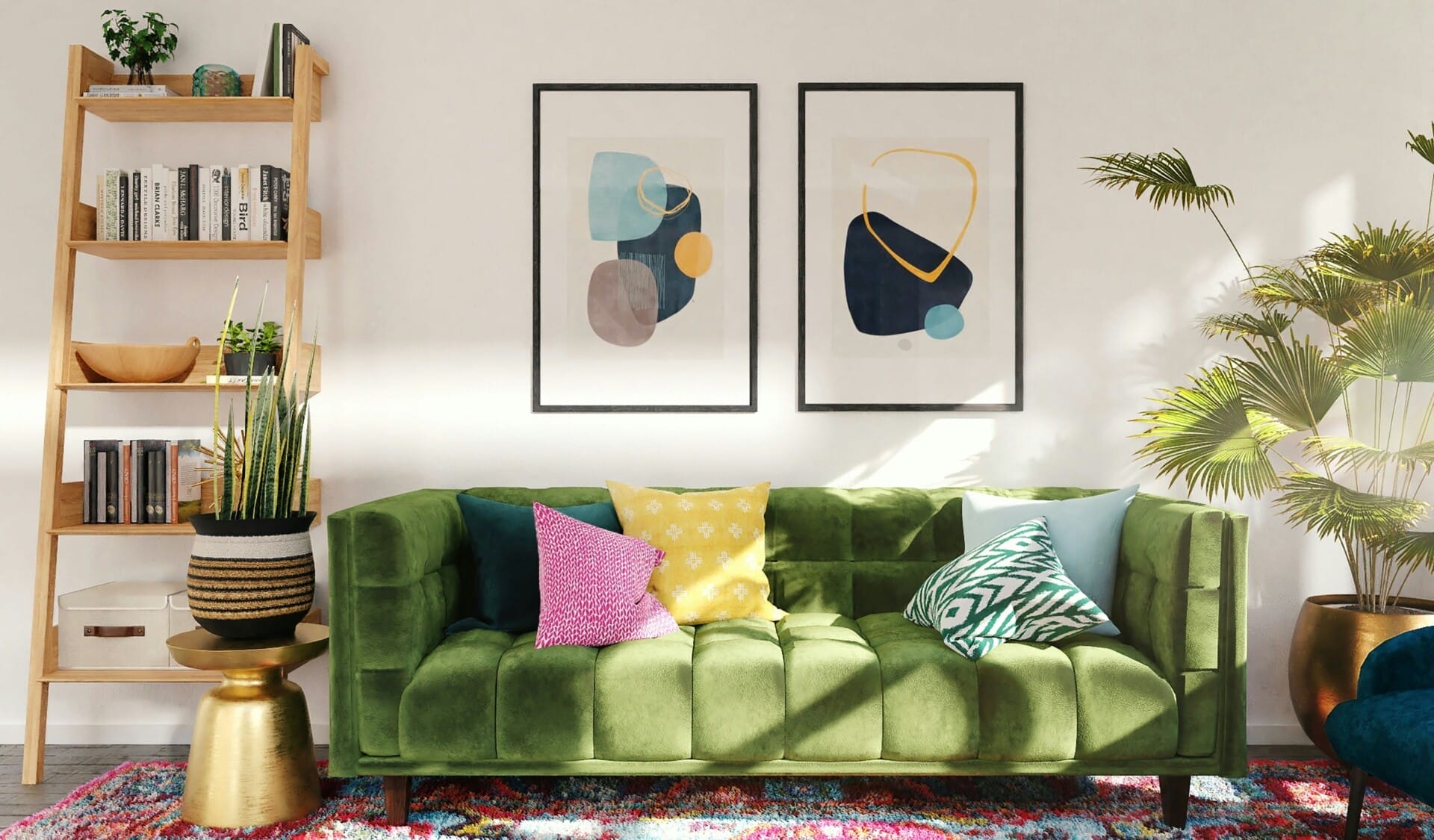
Creating a Functional and Aesthetic Layout
Designing your indoor garden is all about blending practicality with beauty. Start by deciding the purpose of your garden. Are you looking to grow herbs for cooking or simply creating a green space for relaxation? Once you have a vision, think about how you want to arrange your plants. You can create a layered effect by placing taller plants in the back and shorter ones in the front, or mix heights for a more vibrant look. Consider using various plant pots and containers to bring in different textures and colors that will contribute to the overall aesthetic.
Next, focus on lighting. Natural light is crucial for your plants, so see how sunlight flows through your apartment. Position your plants near windows or use grow lights if necessary. You might also want to take advantage of vertical space. Wall-mounted planters or shelf systems can transform unused wall areas into lush vertical gardens. Don’t forget to incorporate some decorative elements like fairy lights or decorative stones to add personality to your indoor space.
Lastly, keep an eye on color coordination. Choose plants with complementary colors to create a harmonious look. Here’s a quick table to help you visualize potential plant pairings:
| Plant Type | Color Palette | Pairing Suggestions |
|---|---|---|
| Succulents | Green, Blue | Perfect with terracotta pots |
| Ferns | Rich Green | Add with darker wood accents |
| Herbs (Basil, Mint) | Bright Green | Combine with white ceramic containers |
By considering these aspects, you’ll create a functional and visually pleasing indoor garden that not only meets your gardening needs but also enhances the overall vibe of your apartment. Remember, your indoor garden should reflect your personal style while being a tranquil oasis amidst the bustling life of Malaysia.
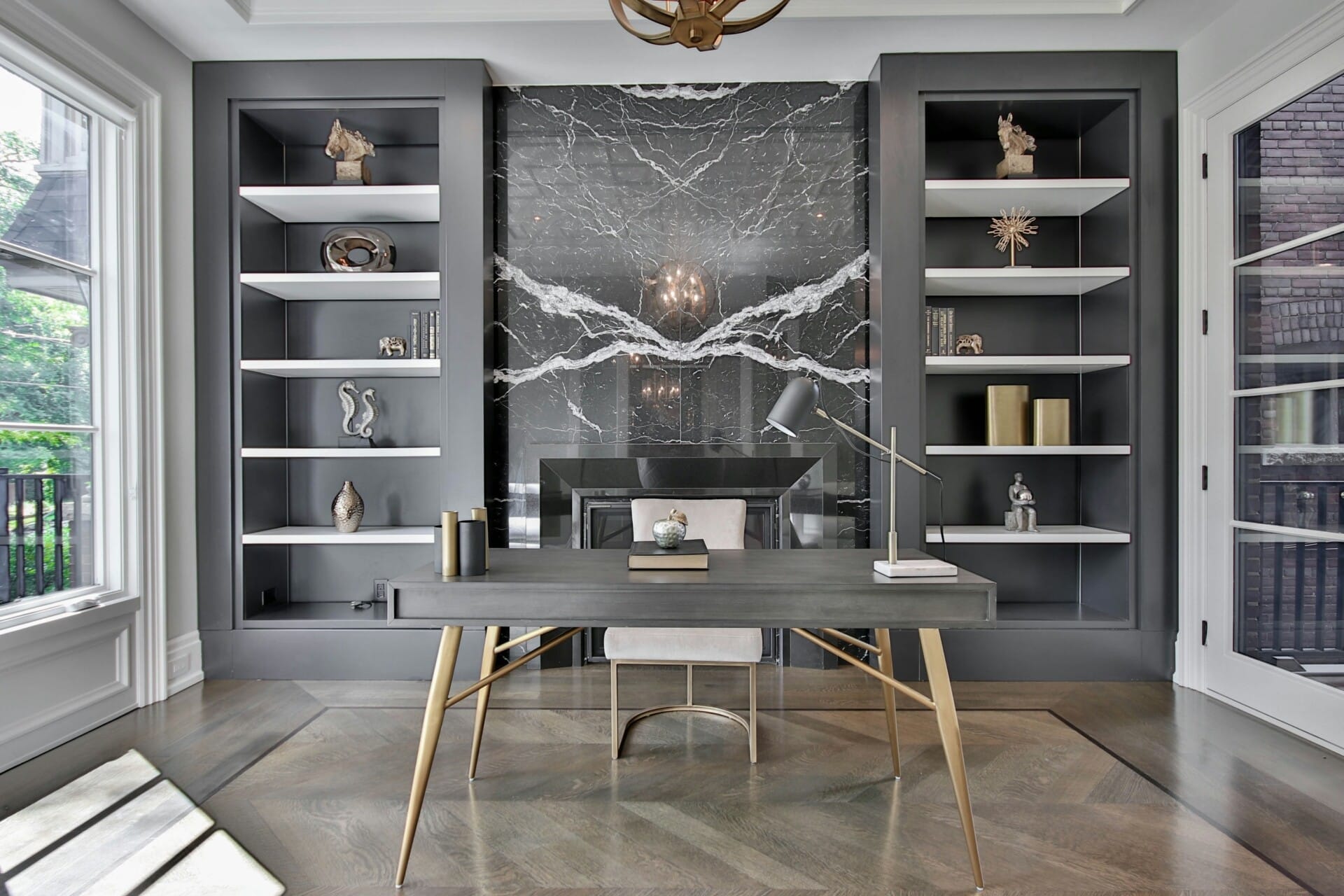
Watering Techniques and Soil Selection
Understanding the watering needs of your indoor garden is crucial for keeping your plants healthy and vibrant. Since Malaysian weather is often humid, the frequency and amount of water can vary greatly. It’s essential to observe the leaves: if they droop, it’s a signal for a drink, while yellowing often indicates overwatering. Consider using a moisture meter to remove any guesswork from the process. You might also want to explore drip irrigation systems or self-watering pots, which can ensure your plants get the right amount of hydration without the daily fuss.
Soil selection is just as important as watering techniques, as the right mix can make all the difference. A good indoor plant soil should provide proper drainage while retaining enough moisture. Look for a mix that includes ingredients like coconut coir, perlite, and compost. Here’s a quick look at some popular soil types suitable for your Malaysian apartment garden:
| Soil Type | Benefits |
|---|---|
| Potting Mix | Lightweight and drains well, perfect for most houseplants. |
| Cactus Soil | Ideal for succulents; promotes quick drainage. |
| Organic Compost | Rich in nutrients; helps retain moisture. |
For those who love experimenting, creating your own soil mix can be both fun and beneficial. Combine elements like perlite for aeration, vermiculite for moisture retention, and a bit of organic matter for fertility. This way, you can customize your soil to fit the specific needs of your plants. And remember, the key to a flourishing indoor garden is balancing moisture levels while ensuring your plants have a nutrient-rich environment to thrive!
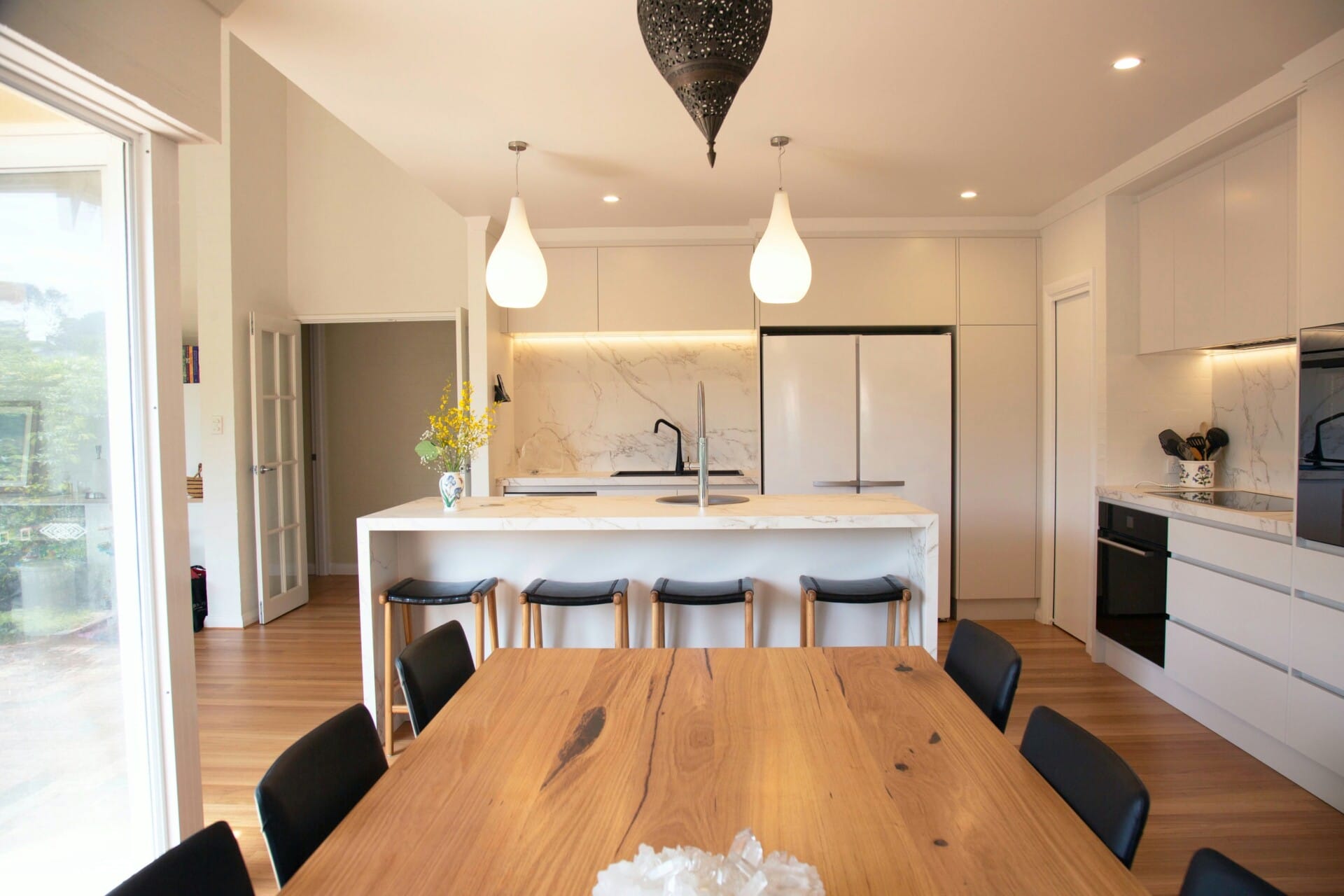
Managing Light: Natural versus Artificial Solutions
When setting up your indoor garden, understanding the light source you use is key to keeping your plants happy and thriving. In Malaysia’s tropical climate, you might be tempted to rely solely on natural sunlight. However, many apartments, especially those with limited windows, may not provide enough light for your plants. It’s essential to assess how much natural light your space gets and at what times of the day, which will even help you choose the right plants!
If natural light is scarce, consider utilizing artificial lighting solutions tailored for indoor gardening. LED grow lights are a popular choice because they are energy-efficient and can be positioned to mimic the sun’s spectrum. Full-spectrum lights are particularly effective as they provide a balanced light that supports all stages of plant growth. Here are a few types of artificial lights to consider:
- Incandescent lights: Affordable but not very energy-efficient.
- Fluorescent lights: Good for starting seeds and growing certain plants.
- LED grow lights: Long-lasting and suitable for all types of plants.
To effectively integrate both natural and artificial light, you might want to create a lighting schedule for your plants. You can use a simple table to keep track of when each plant receives light, ensuring you’re optimizing their growth potential:
| Plant Type | Natural Light (Hours) | Artificial Light (Hours) |
|---|---|---|
| Peace Lily | 4-5 | 2-3 |
| Snake Plant | 3-4 | 1-2 |
| Pothos | 5-6 | 3-4 |
By managing light effectively and combining natural and artificial solutions, you can create a vibrant indoor garden that flourishes in your Malaysian apartment. Keep experimenting with different setups, and don’t hesitate to adjust based on how your plants respond. Happy gardening!
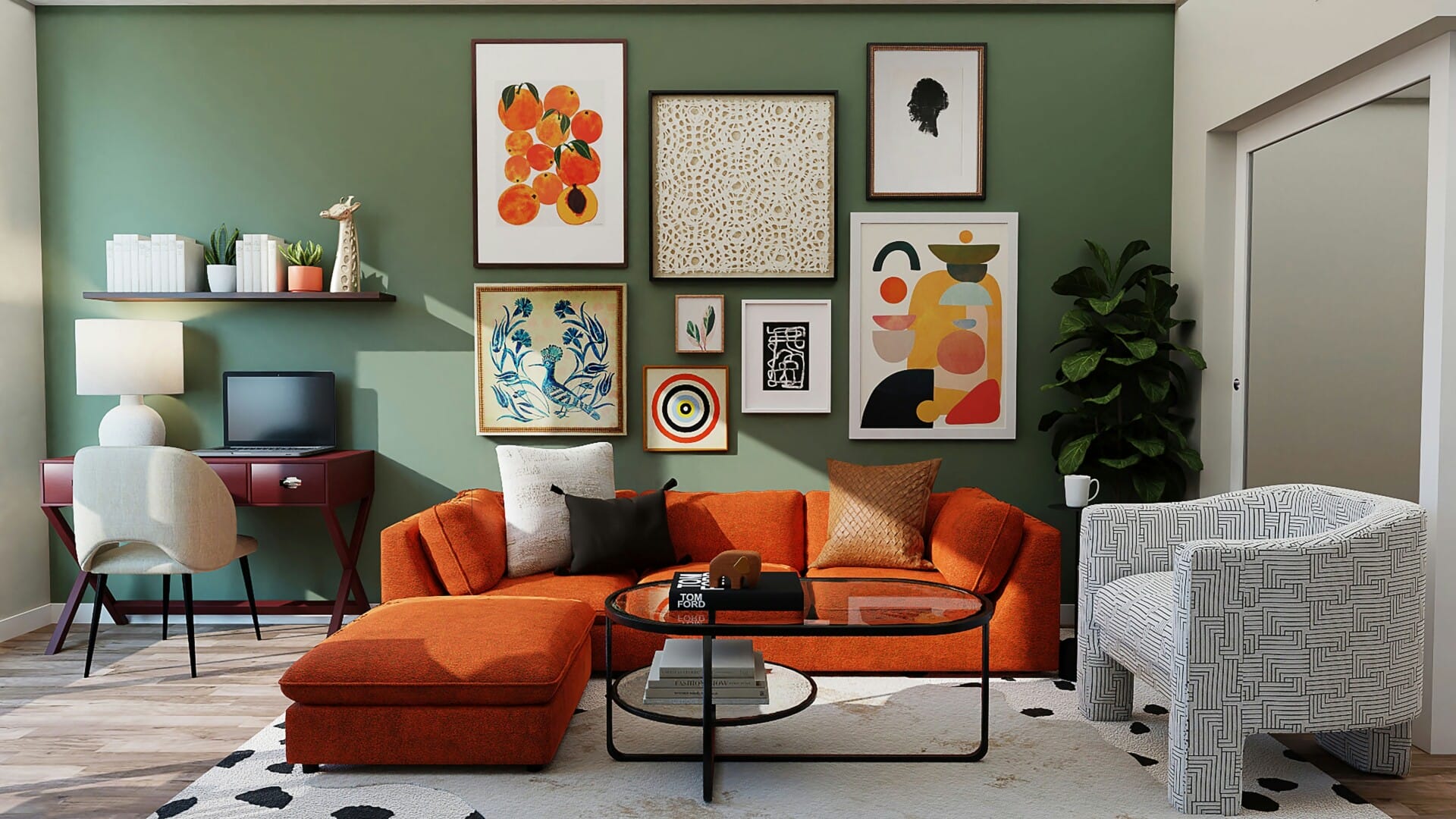
Pest Control and Plant Maintenance Tips
Keeping your indoor garden thriving in a Malaysian apartment can be both rewarding and challenging, especially when it comes to pest control. First, it’s essential to stay vigilant. Regularly check your plants for any signs of pests, such as tiny holes in leaves or webbing. If you spot any unwelcome visitors, don’t panic! A simple solution is to mix soapy water with neem oil and spray it on the affected areas. This natural remedy helps combat common pests like aphids and spider mites without harming your plants. Remember, a regular inspection can prevent a minor issue from becoming a major headache.
For optimum plant health, proper maintenance is key. Pruning is your friend! Trim away any dead or yellowing leaves to allow your greenery to flourish. Make it a habit to rotate your plants every few weeks to ensure they get even sunlight exposure, promoting balanced growth. Additionally, you might want to create a watering schedule tailored to each plant’s needs, as overwatering or neglect can lead to root rot or other pets inviting themselves over for a visit. Keeping a plant diary can help you track what works best for each type in your collection.
| Plant Type | Watering Frequency | Pest Warning Signs |
|---|---|---|
| Snake Plant | Every 2-3 weeks | Yellowing leaves |
| Pothos | Once a week | Sticky residue on leaves |
| Peace Lily | Once a week | Browning leaf tips |
Fertilizing your plants is another crucial aspect of indoor gardening. During the growing season, opt for a balanced fertilizer every month to give your plants the nutrients they need to thrive. You can easily find organic options at local gardening stores or even make your own compost tea at home. Just mix compost with water, let it steep for a day, and then strain it before use. This not only nurtures your plants but also reduces the likelihood of pest infestations, promoting overall plant health. With these tips, you’ll be well on your way to a flourishing indoor garden!
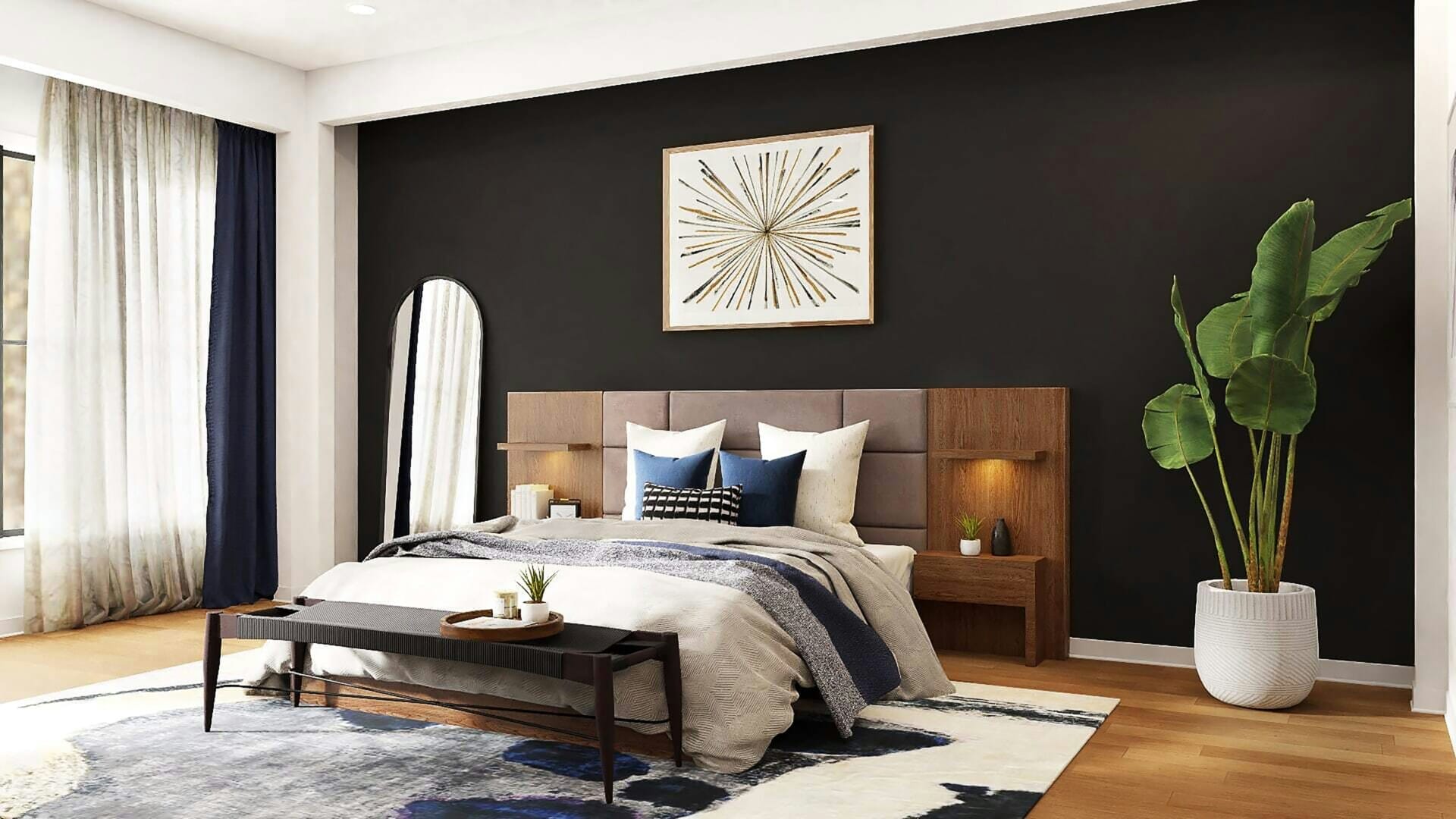
Benefits of Indoor Gardening for Urban Dwellers
Living in an urban environment often means sacrificing greenery and fresh air. However, embracing indoor gardening can transform your small space into a serene sanctuary. With the hustle and bustle of city life, having your own plants can provide a much-needed connection to nature, helping to alleviate stress and create a calming atmosphere in your apartment. Imagine sipping your morning coffee surrounded by the vibrant greens of your homegrown herbs and flowers!
Indoor gardening not only beautifies your living space but also offers a range of practical benefits. For starters, it significantly improves air quality by filtering toxins and releasing oxygen. Plants like pothos, peace lilies, and snake plants are especially great for this, making them perfect additions to your indoor garden. Moreover, nurturing your own herbs and vegetables can elevate your cooking game while promoting a healthier lifestyle. Consider growing basil, mint, or even chili padi for that authentic Malaysian flavor right at your fingertips!
Additionally, cultivating an indoor garden fosters a sense of achievement and responsibility. Watching your plants thrive under your care can be incredibly rewarding, especially in a fast-paced city like Kuala Lumpur where things can often feel overwhelming. Plus, it’s a perfect hobby to connect with friends and family. Encourage others to join in on the fun by exchanging cuttings or sharing growing tips. Immerse yourself in this green journey, and you might just inspire someone else to transform their space too!
To Wrap It Up
And there you have it! Creating your very own indoor garden in your Malaysian apartment doesn’t have to be a daunting task. With a bit of creativity, some thought for your space, and an endless supply of passion for plants, you can transform your home into a serene green oasis. Whether you opt for vibrant ferns, fragrant herbs, or decorative succulents, your little indoor paradise will not only brighten up your living space but also boost your mood and air quality. So, go ahead, give it a shot! Remember, every little plant you nurture adds a splash of nature to your daily life. Happy gardening, and may your indoor garden flourish like never before! 🌿🍃
kontraktor rumah
bina rumah
pinjaman lppsa
pengeluaran kwsp
spesifikasi rumah
rumah batu-bata
pelan rumah
rekabentuk rumah
bina rumah atas tanah sendiri
kontraktor rumah selangor
rumah banglo
Source link







